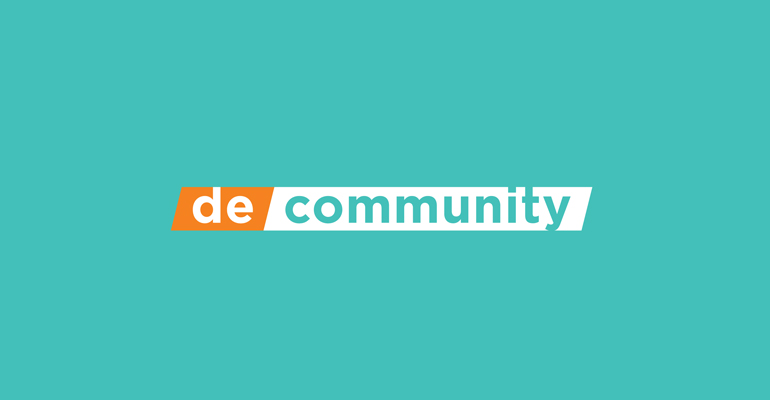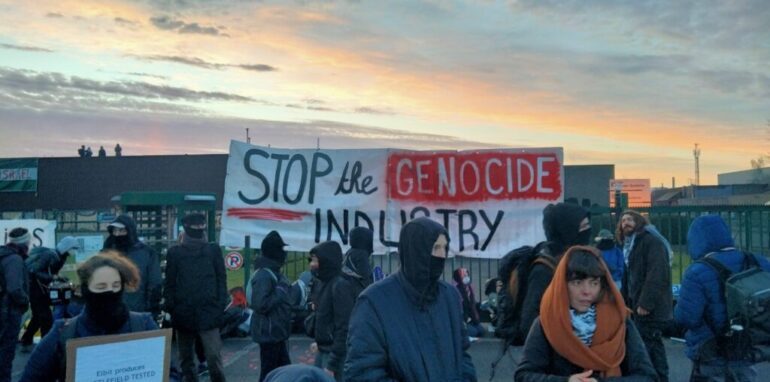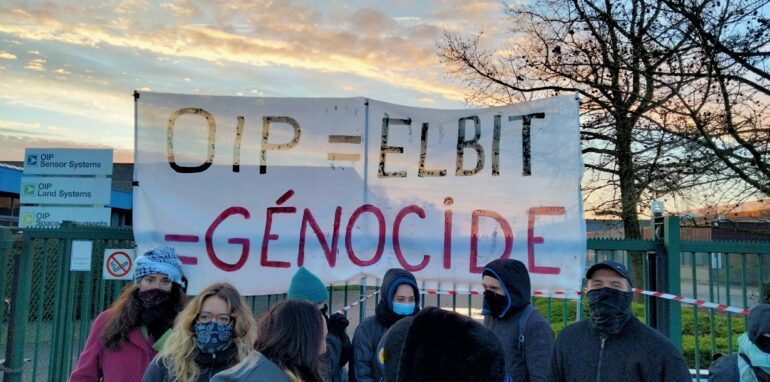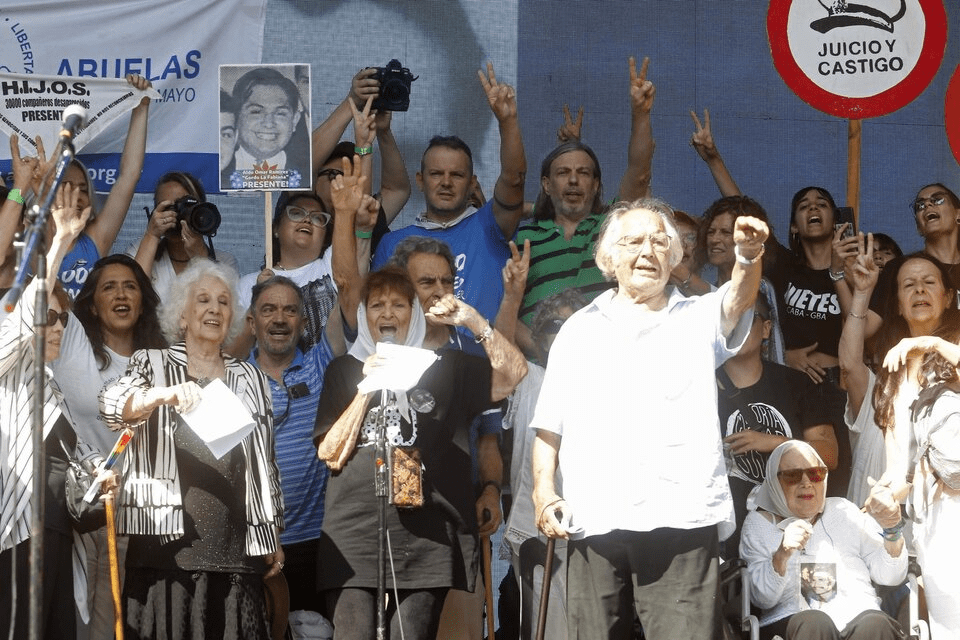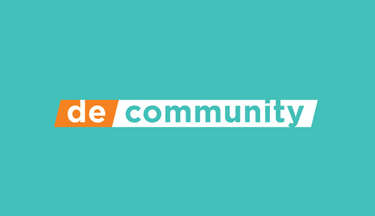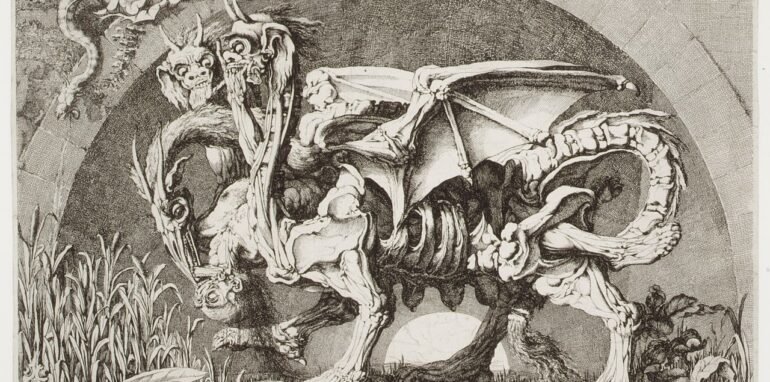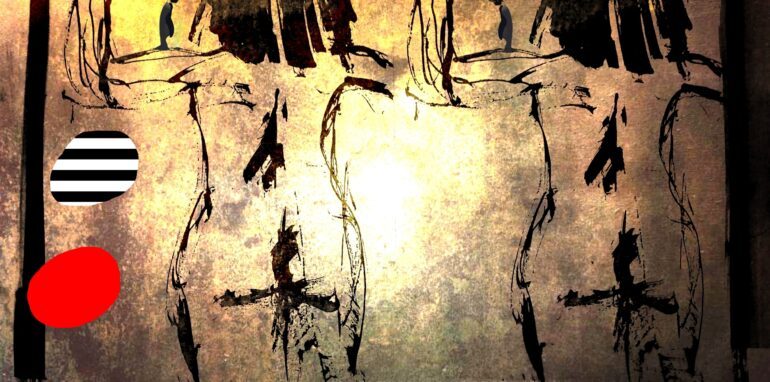Last year, the city of Liège renewed their contract with the multinational corporation JCDecaux for the next 15 years. This company is mainly known for their bus-stop advertising systems and billboards. In Liège, the contract covers 1.900 m² of public space with publicities. This new contract was criticized a lot by the inhabitants: non sustainable, unhealthy, unsafe for the road users, ugly infrastructures,… They don’t like it and they are right: for 1€ generated by the advertising, 11.5€ are spent by the collectivity due to the socio-environmental impact. Even the authorities admit it creates some problems. So the question is : how is this business lucrative for the city? Is it worth the sacrifice of the quality of our public space? Well, not really. The contract is estimated to 1.000.000€ / year – without the costs due to urban degradation. It represents less than 0.2% of the annual income and it is the equivalent of a 5€ tax reduction for the citizens.
A drop in the ocean, but the authorities don’t want to get rid of. The main problem is not really the income but the urban furniture provided by JCDecaux: bus-stops, benches, bins, billboards,… An important part of the streets that we consider as ours, as public space, is already the private property of multinational corporations. And we are just allowed to use it, as long as it generates profit. If it is not lucrative enough, JCDecaux will leave as they did in Ottignies in Wallonia. The municipalities rely on the multinational societies and they prefer to “forget” how not interesting is the deal than to find a back-up solution.
Facing the lack of effort from the authorities to keep the space common and free, some inhabitants created the group “Liège sans pub” to fight the issue. Their main activity is to recover the commercials by hand-made posters to bring the attention on the architectural heritage under the billboards, or the current social issues around the world such as the Palestine-Israel conflict, the refugees, the gentrification,… Or they just give it back to the citizen as blank space. They also provide “anti-pub kit” to teach how to do civil disobedience in a non-violent and legal way.
“Liège sans pub” is the very logical follow-up of “Picnic the streets” and “Reclaim the steps”: citizens started to re-appropriate the streets, then the urban landmarks, and now the landscape. They watched their feet, then the building in front of them, and now the horizon. Citizens – and authorities – are looking up thanks to these bottom-up initiatives that question the way we organize the city.
And every time, the whole system has to be reconsidered : in this case the urban furniture were renewed “thanks to” the auctioning of the public space, and they are organised to maximise the visibility and the profit of big companies, not to improve the city. The qualities of the public space are hidden under a layer of papers and screens, which inform us about what we don’t have or what we are not. And after the inhabitants ate on the macadam and sat on the staircase, maybe the time has come to bring the rest of the house out to replace the “Coco Chanel bus-stop” by the sofa and the “Coca-Cola bench” by grandad’s rocking chair…
Louis Viérin
PS : If you worry about the minor economic loss, the city of Grenoble found the solution 4 years ago : you just have to reduce the number of company cars allowed to the representatives.
